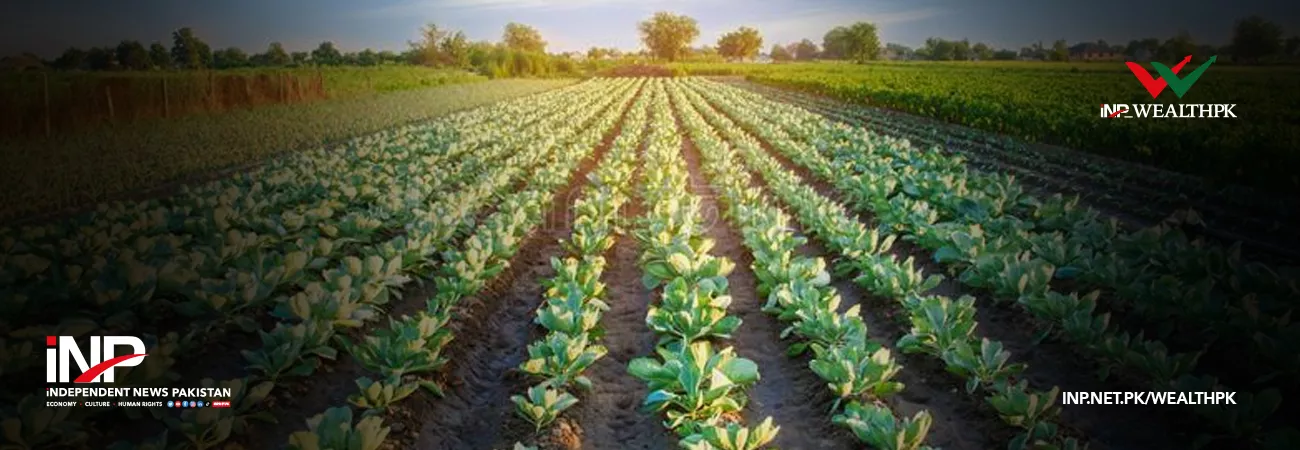INP-WealthPk
Arooj Zulfiqar
Horizontal urbanisation is fast eating up agricultural land, thus becoming one of the key reasons behind the decline in the output of the economy’s most important sector. Therefore, vertical constructions can help resolve Pakistan’s land scarcity problems while developing cities and towns. “The rapid growth of cities in the country has led to significant challenges, with urban sprawls rapidly encroaching upon the valuable agricultural land,” pointed out Nadeemul Haq, Vice-Chancellor of Pakistan Institute of Development Economics (PIDE).
Speaking to WealthPK, he said due to the massive migration of people from rural to urban areas, significant changes had taken place in the country's economy, social structure and environment. “However, one of the most significant impacts of urbanisation is the destruction of agriculture in Pakistan,” he observed. “Agriculture has been the backbone of Pakistan's economy, providing employment and food security to millions of people. However, the increasing demand for land for residential and commercial purposes has led to the conversion of fertile agricultural lands into urban areas,” he said.
As a result, valuable agricultural lands have been lost, reducing the ability to produce food. Nadeemul Haq advocated for vertical development of the cities to curb sprawling of urban areas and protect agricultural land. “Vertical cities present an innovative approach to maximise land utilisation. By building upwards instead of outwards, we can accommodate a larger population within a smaller footprint. This approach allows us to preserve valuable agricultural land, ensure food security, maintain biodiversity and safeguard the ecological balance.”
The PIDE head asked the policymakers, urban planners, and stakeholders to embrace this concept and develop robust strategies to harness the benefits of vertical development while ensuring social equity and environmental stewardship. “With thoughtful implementation, Pakistan can achieve sustainable and inclusive urban growth while preserving its valuable land resources for future generations.”
Credit: Independent News Pakistan-WealthPk




